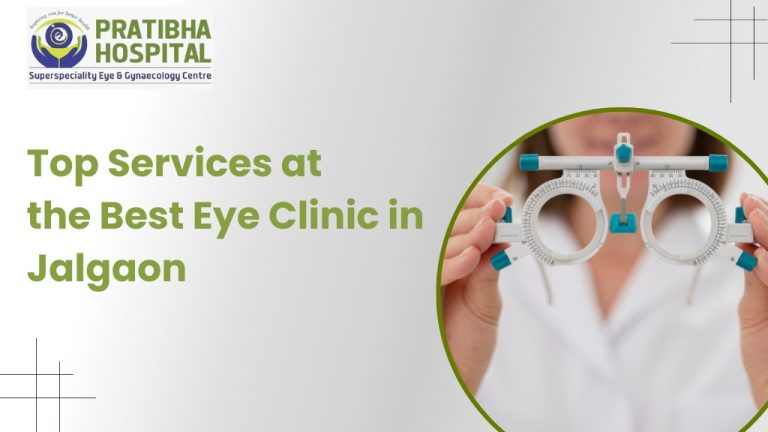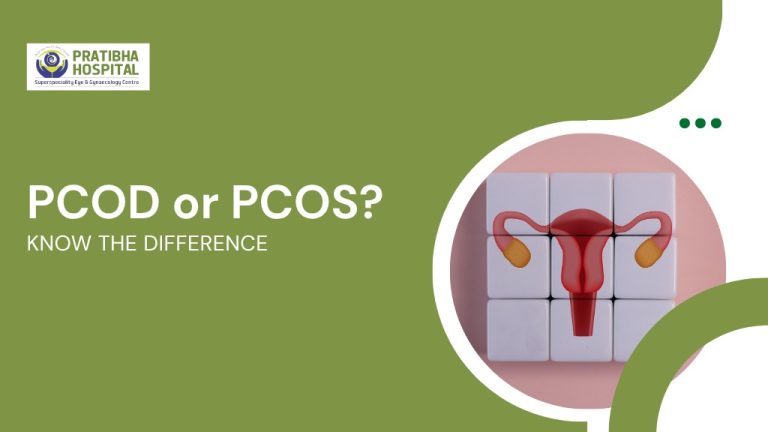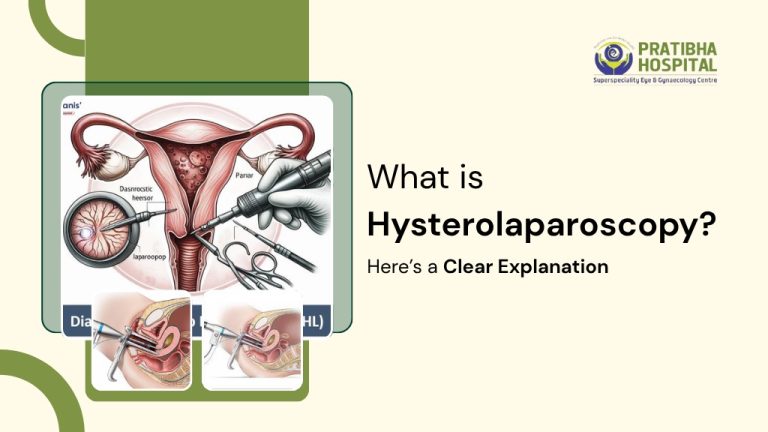Post Operative Care After Cataract Surgery: A Complete Guide
You know what’s amazing? Cataract surgery can literally change lives. One moment, everything looks foggy and dull—and after surgery, the world suddenly looks brighter and clearer. But here’s the catch: while the surgery itself is quick and painless, the real magic happens afterward.

Yep, we’re talking about postoperative care after cataract surgery.
Most people think the job’s done once they leave the operating room. But the truth? That’s just the beginning. The way you look after your eyes after surgery plays a big role in how quickly and comfortably you heal. Let’s chat about it in the simplest way—no heavy medical words, just real talk.
Why Is Postoperative Care So Important?
Think of your eye like a brand-new gadget. You wouldn’t toss it around carelessly, right? You’d take care of it, follow instructions, and make sure it works well. The same idea applies here.
After cataract surgery, your eye is healing. Even though the clouded lens is gone and a clear one is in its place, your eye still needs time to adjust. Little things you do every day can either speed up your recovery or slow it down.
Proper postoperative care isn’t just about avoiding complications. It’s about getting the best outcome from your surgery—clear vision and long-term eye health.
The First 24 Hours: Be Extra Cautious
The first day is crucial. Your eye might feel a bit irritated, light might feel too strong, and you may want to rub your eye. But don’t!
Here’s what to keep in mind:
- Don’t rub your eye, even if it itches.
- Wear your eye shield, especially while sleeping.
- Use your eye drops on time. They prevent infection and help with healing.
- Rest well, with your head slightly elevated.
These first 24 hours are delicate. What you do during this time can shape your entire healing journey.
The First Week: You’re Not Fully Healed Yet
Even if things seem fine, your eye is still healing on the inside. This is the time to keep being careful.
- Avoid heavy lifting or bending over too much.
- Don’t let water enter your eye—use a damp cloth to clean your face.
- Continue wearing sunglasses outdoors.
- Say no to eye makeup for now.
You might start to feel normal again, but that doesn’t mean it’s time to stop caring. The healing eye needs time and gentle care.
Eat Your Way To Recovery
Believe it or not, the food you choose plays a big role in how well your eyes recover. Yes, really!

What you eat matters. Include:
- Leafy greens like spinach and kale
- Bright-colored fruits like oranges, mangoes, and papayas
- Omega-3-rich foods like walnuts, flaxseeds, and fish
- Lots of water to stay hydrated
Vitamins A, C, and E are your friends. These help your eyes recover faster and reduce inflammation.
Also, avoid junk food or anything high in sugar. Good nutrition equals good healing.
Know What’s Normal (And What’s Not)
Some things after surgery are expected—mild irritation, watery eyes, and light sensitivity. These usually get better with rest and care.
But you should be on the lookout for:
- Sharp or sudden pain
- Vision worsening again
- Redness getting worse
- Sometimes, you could see sudden sparkles or little dots drifting across your eyesight.
These could be signs of a problem. Don’t panic, but don’t delay. Call your eye doctor and get checked.
Healing Is Also Emotional: Don’t Ignore Your Feelings
Healing isn’t just about the body—it’s also about how you feel inside. After surgery, it’s perfectly normal to feel a bit off. Some people feel anxious, others get impatient, and a few might feel unusually emotional.
Don’t brush these feelings aside. Instead, acknowledge them. Talk to someone you trust, spend time doing things that make you happy, and give yourself some mental space.
Whether it’s listening to music, writing in a journal, or just sitting quietly with a cup of tea—whatever helps you feel calm, do more of that.
Remember, your mindset affects your recovery. A relaxed and positive state of mind supports quicker healing and a smoother journey forward.
Habits That Keep The Clarity Going
Recovery doesn’t end after a week or two. It’s about building habits that protect your vision in the long run.
- Schedule yearly eye checkups.
- Eat eye-friendly foods regularly.
- Give your eyes a rest when using screens—about every 20 minutes, shift your gaze to something about 20 feet away and focus on it for around 20 seconds. Doing this simple practice eases eye tiredness and helps maintain clear, comfortable vision.
- Wear protective glasses when working outside or doing dusty chores.
And here’s another tip—don’t skip your glasses if prescribed. Even after cataract surgery, some people need them for reading or long distances.
These habits are small, but they help keep your vision sharp for years.
What Happens If You Ignore Care?
Skipping post-operative care can lead to infections, slow healing, or even blurry vision again. After putting effort into surgery, don’t let simple neglect undo it.
Without proper care, even the best surgery can end with complications. Trust your doctor’s advice and don’t try shortcuts.
Care is your responsibility—but also your power. You’re in control of how well your eyes heal.
Also read: Understand The Risks Of Neglecting Cataract Surgery
Conclusion
Postoperative care after cataract surgery isn’t complicated. It’s all about being a little more mindful every day.
Follow your doctor’s advice. Rest well. Eat good food. Be kind to your eyes.
You’ve already taken a big step toward clear vision. Now it’s time to protect it—with love, care, and a little patience.
Because of your eyes? They deserve it.
And so do you.







